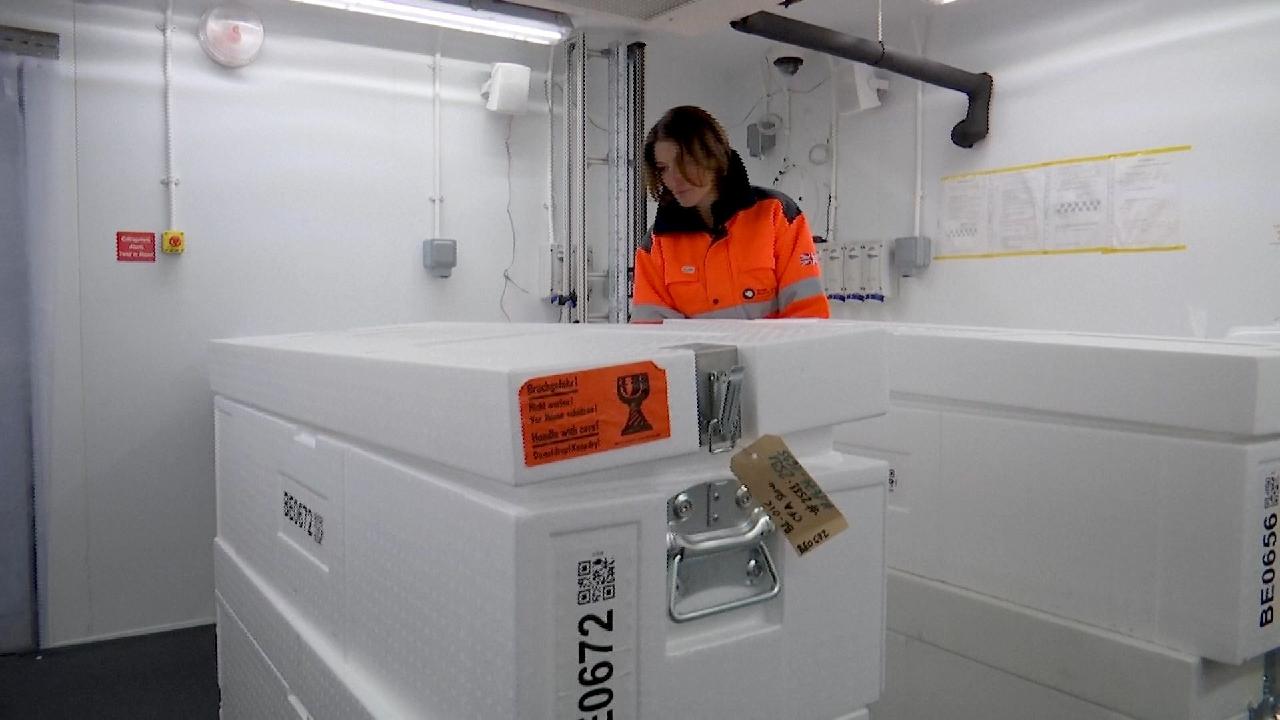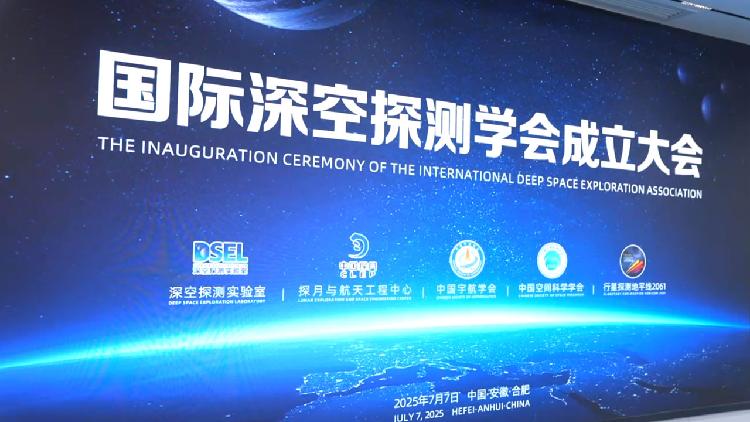Fujitsu Targets 10,000 Qubit Quantum Computer by 2030

Fujitsu's recent announcement regarding the development of a 10,000 physical qubit superconducting quantum computer is a landmark moment in the race for quantum supremacy. This ambitious project, aimed for completion by the fiscal year 2030 (April 2021), not only signifies a substantial increase in scale from the previously achieved 256 qubit system in April 2025 but also raises the stakes in the global competition for quantum technologies. The implications of this leap in quantum computing capabilities could reverberate through various sectors, from cryptography to drug discovery, prompting both excitement and caution in the tech community.
At the heart of Fujitsu's plan lies the advanced STAR architecture, developed in collaboration with Osaka University. This architecture is designed to enhance the efficiency of quantum computing through phase rotation operations, which bear resemblance to how traditional computers use gates to manipulate bits. The focus on high-throughput and high-precision qubit manufacturing techniques, alongside advancements in chip interconnect and quantum error correction technologies, indicates a methodical approach to tackling one of the key challenges in quantum computing: maintaining coherence in qubits. Notable is Fujitsu's timeline, which suggests a strategic build-up of capabilities — starting from an immediate goal of achieving a 1,000 qubit system by 2026, and then scaling up to 10,000 qubits within four years.
This initiative aligns with broader tech trends, reflecting a global investment in quantum research as nations and corporations alike pursue leadership in this transformative domain. With the potential for practical applications around the corner, Fujitsu is not only responding to a technological need but also actively shaping the future landscape of computing. The blending of superconducting qubits and diamond spin qubits introduces a rich diversity of approaches that could redefine our computational capabilities.
As we consider the overarching trajectory of quantum technology, one must wonder — what implications will arise if Fujitsu succeeds in its goal? How will industries adapt to harness these extraordinary computational powers, and what ethical considerations will surface as quantum computations begin to penetrate daily life? The future of quantum computing looks promising, yet it beckons us to think critically about the responsibilities that accompany such progress.
Read These Next

British Researchers Explore Climate Secrets in Antarctic Ice
The British Antarctic Survey partners with experts from 10 European countries to study ice cores from 1.2 to 1.5 million years ago.

China Launches First Global Association for Deep-Space Exploration
China has launched the International Deep Space Exploration Association to help developing countries access deep-space technologies.

AI Progress Duality: GLM-4.5 Implications
This commentary discusses the implications of the GLM-4.5 model release, examining its potential to revolutionize AI applications and the broader impact on the job market.
